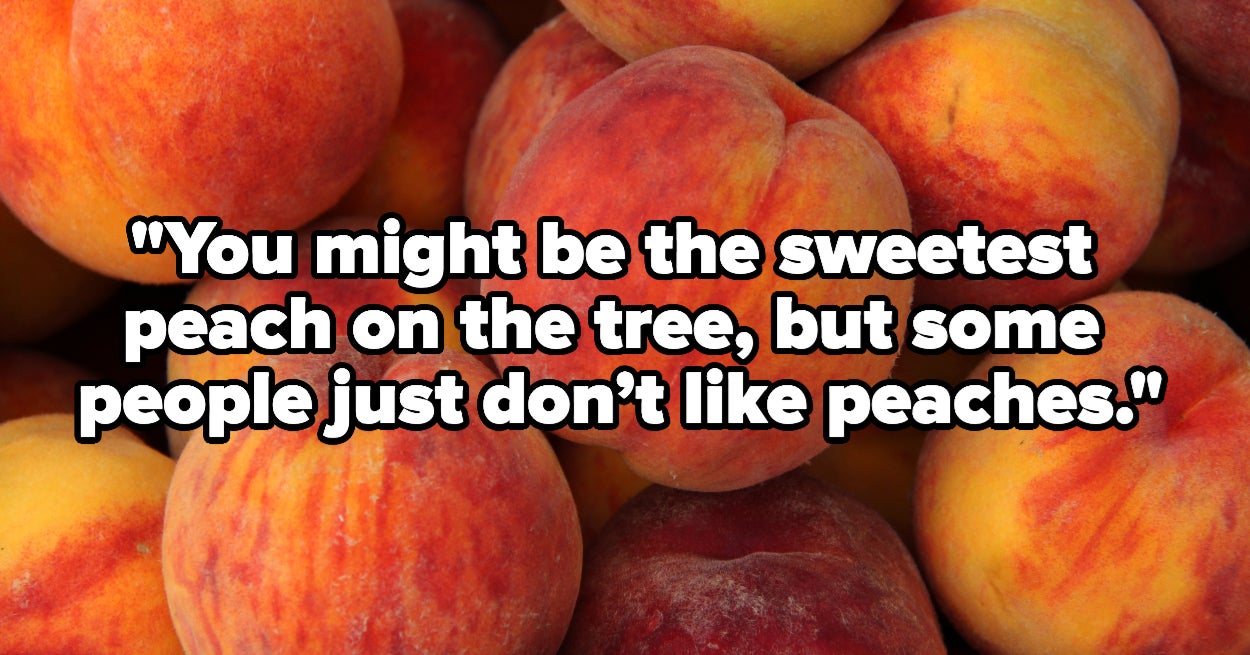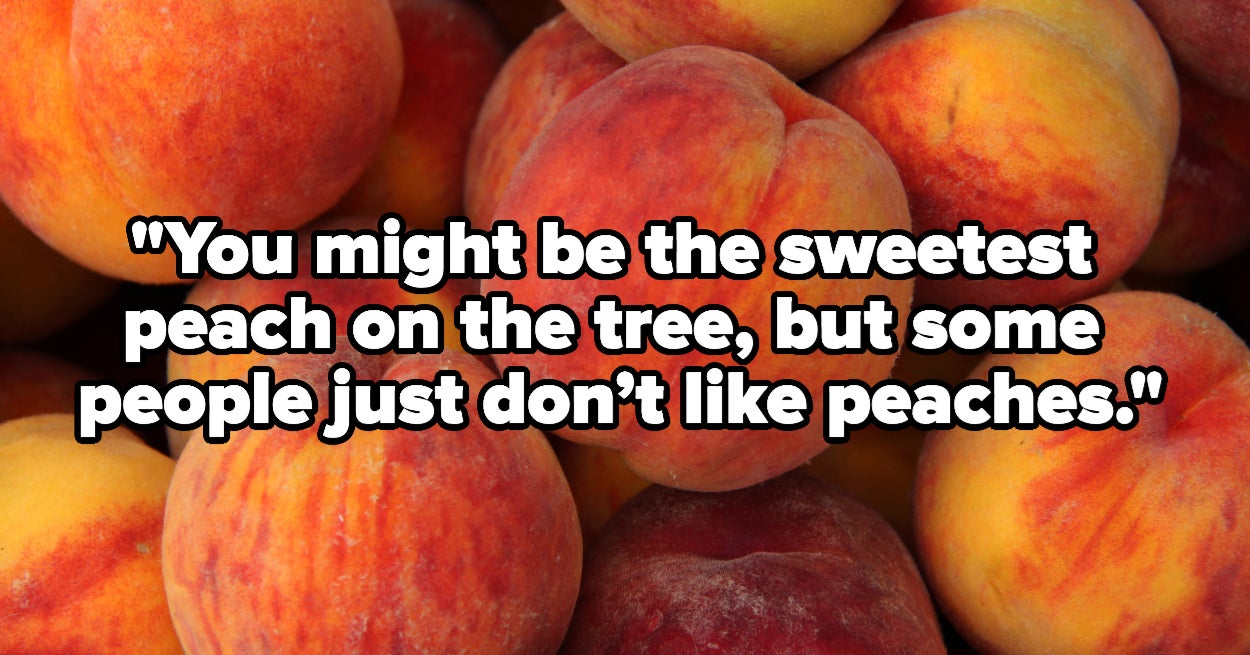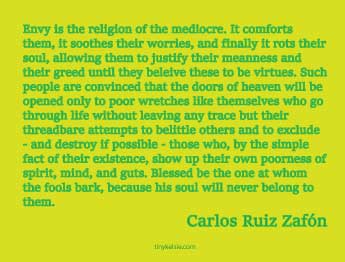What that Hater Taught me: How to Avoid being Envied

In my last post about envy, I talked about how no one likes to admit envy’s existence, whether they’re the envier or the envied. Envying others obviously harms the self, and there’s plenty of web content about that. But being envied is harmful as well.
How it Feels to be Envied
Once I came to terms with the fact I dealt with an envious person, I was already in the aftermath–their mistreatment caused me to make life changes so I could avoid them entirely. My initial reaction was that their experience wasn’t my fault nor responsibility. They were toxic, they wanted to inflict harm, denigrate me and make me struggle because of my attempts to be the best version of myself. How could I be at fault?
I also felt like a fool. I knew that I was being mistreated–people in group activities would pull me aside and ask about it. I attributed the different treatment I was receiving from another person in my same position to something personal I must have done in the past. Maybe the criticisms were true, but why was it that the times I’d ask if I could write the details so I could focus on improving, I’d get more lies about them coming to me in an email? Maybe they just didn’t like me, plain and simple.

I let bad energy and mean-spiritedness harm me to my core. I rethought my perception of myself. I let it affect other aspects of my life. By the time I admitted to myself what happened, I felt foolish for not having listened to my intuition or the people around me. I was angry that I let their rot infest my roots.
I let that anger fester by listening to Sofia Isella’s single, Everybody Supports Women, on repeat…for an amount of time that I’m unwilling to admit.
What I now know about Envy
Once envy eats away at someone, everything you do only makes it grow, and day by day it festers inside him. Eventually he will attack.
Robert Greene
When I realized that the backstabbing, resentful looks, and multitude of lies was simply a person’s acting out of envy, it felt like there was nothing I could have done to control it. However, according to Robert Greene, “Half of the problem with envy comes when we do not recognize it until its too late.” He also says that because envy is so uncomfortable, and an admission of defeat, we will disguise it by “finding grounds to criticize the person who makes us feel it.” Bargaining and reasoning that they possess something that you do not have because of other failings. Also:
If we do not slander him, perhaps we praise him excessively–another of envy’s disguises.
Robert Greene
I’ve been Inviting Envy
Looking back on this experience and another revealed in my previous post, I’ve realized that I’ve opened the door to envy in my life. I’ve lived my adult life like I had something to prove, because I did. As a teenage burnout turned teen mom, I was consistently undercut and experienced a plethora of abuse from people I loved and complete strangers alike. I was on a mission to prove that I wasn’t hopeless, that I’d be able to amount to something, that even if I’m a stay-at-home mom, I’m still working hard, I’m still attempting peak performance.
I’ve held on to that identity–the socially shunned teen mom–past its due date. When people no longer saw me as that, as other aspects of my identity shined through, I was still hanging on to it, still shouting my accomplishments from the rooftops, naïve enough to believe that others would be proud of me, happy for me, and I’d prove that I was “enough” to be loved, to not be abandoned.

Eliciting Envy is the Opposite of My Goal
Ubuntu and community are two of my utmost priorities, and everyone is my equal and they should feel as such. Every interpersonal experience involves the actions and reactions of more than one person. I can be responsible for my end.
How I’ll Avoid Envious People in the Future
Catch it Before it Grows
Though mutual sharing would generally elicit an understanding that one doesn’t have it better, rather that they have it different from another, this doesn’t work once envy has taken its toll on a person. Trying to relate to someone in this headspace will fuel them more: they’ll think you’re talking down to them.
In the future, I’ll take note when someone seems to be piling on the compliments a little too heavily, like Robert Greene described, or when I experience slander. Just as I make it a mission to make plans with those who are new to town, I’ll make it a point to connect more deeply with an individual who seems to have blown their perception of me out of proportion. I believe that it will be simple to quell envy when you pull yourself off the pedestal someone has placed you upon and sit in front of them over tea.
Assimilate Better
It doesn’t come naturally for me to go along with the group. I quickly learned I couldn’t keep up with the Joneses when I was a kid, so I went a different direction back then and kept going my own way. I’ve been used to not fitting in and have been fine with it, which has been great for me in developing myself.
What’s not great is when it makes others uncomfortable. I’ll do better about highlighting similarities– and not in a “I used to do that, but I kicked the habit” kind of way. I also don’t need to relate–I could just ask more questions and be more interested in others. I don’t need to expose my differences so readily.
Avoid Environments Conducive to Envy
Looking back, I feel as if the community we were apart of was an environment that encouraged comparison. Though the initial impression would show an emphasis on congratulating and encouraging others, in reality there was a lot of unspoken competition as we pushed ourselves to our limits.
I’ve been doing a bit more yoga than my at-home practice as of late, and at the studio they often mention to focus on your own mat, rather than that of your neighbor’s–to accept your body as it is right here, right now. That’s a skill I’m rehabilitating after this previous atmosphere.

If all else fails, get far, far away.
Now that the dust has settled from my departure, do I think it was the right choice to change so much about my life and habits to avoid this person? Now that I learned more about envy, was it right to leave?
Emphatically, yes! Life has leveled up in unexpected ways. I not only rid myself of a bully, I found new communities that will get me closer to my various goals. All changes ultimately led to improvements. This person’s harmful behaviors were signals to leave a place where I was stagnating.
A mean-spirited person has been my propellant. I’d thank them if that wouldn’t fuel their undue rage, too.
[…] When I did that first reading, between asking questions, a card popped out and she told me that a card that presents itself in this way usually has a large significance. That card? The Seven of Swords, which can relate to someone’s betrayal, lies and deception. This was right when I was in the midst of looking back and understanding my previous colleague’s envy, before considering what I did to make her feel envious. […]
[…] have what it took to motivate me, even if she wasn’t mean spirited. Could I have avoided her envy if I caught it before it festered and she treated me as she did? I don’t even know anymore. […]